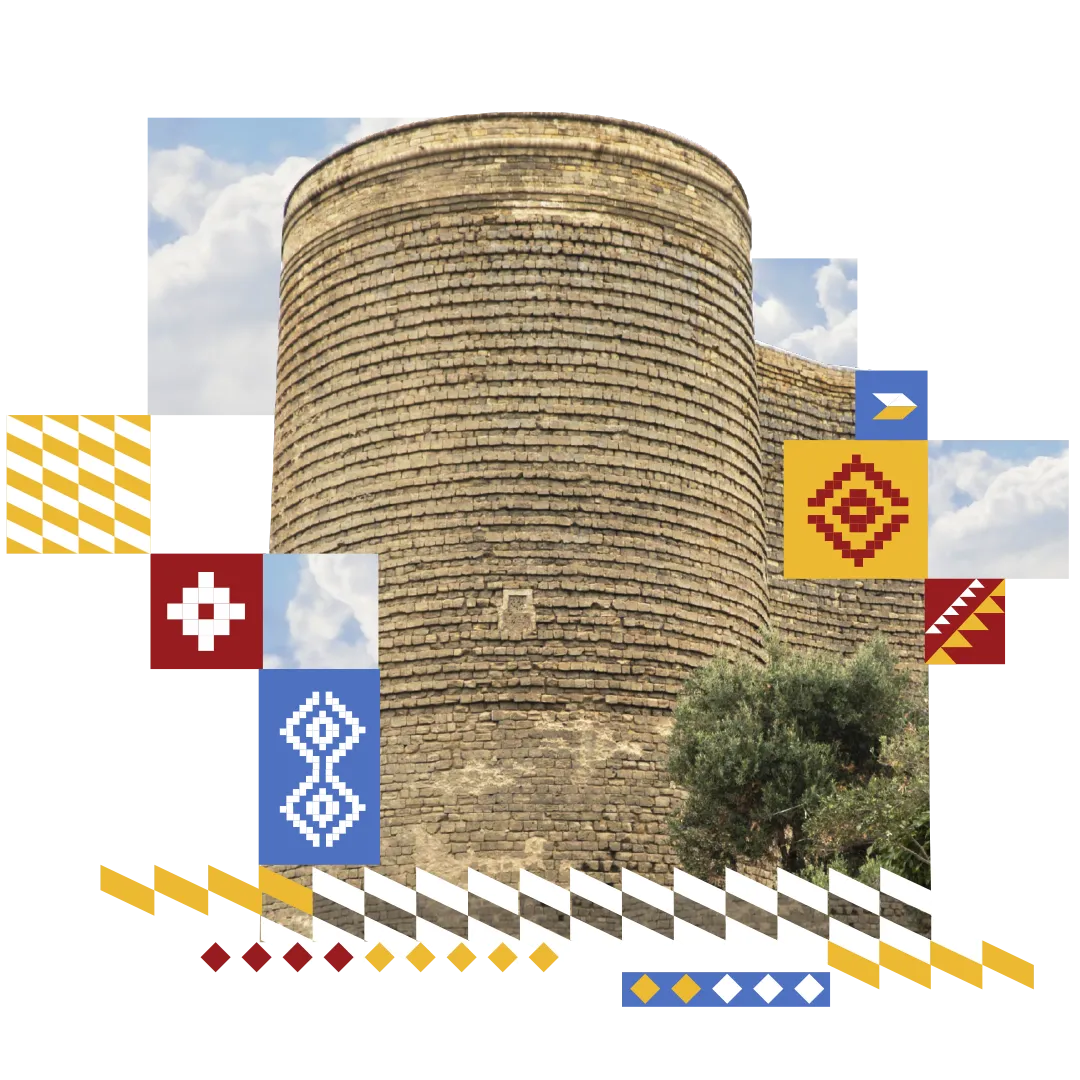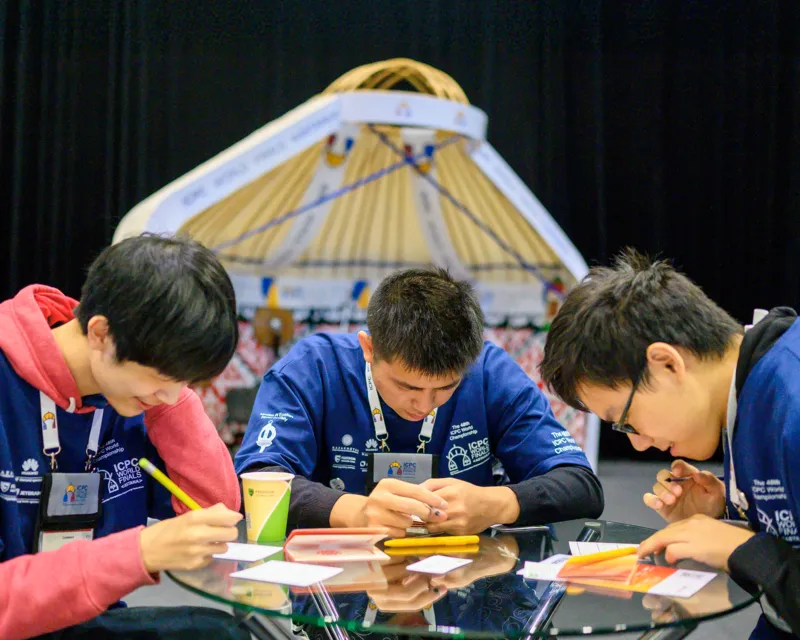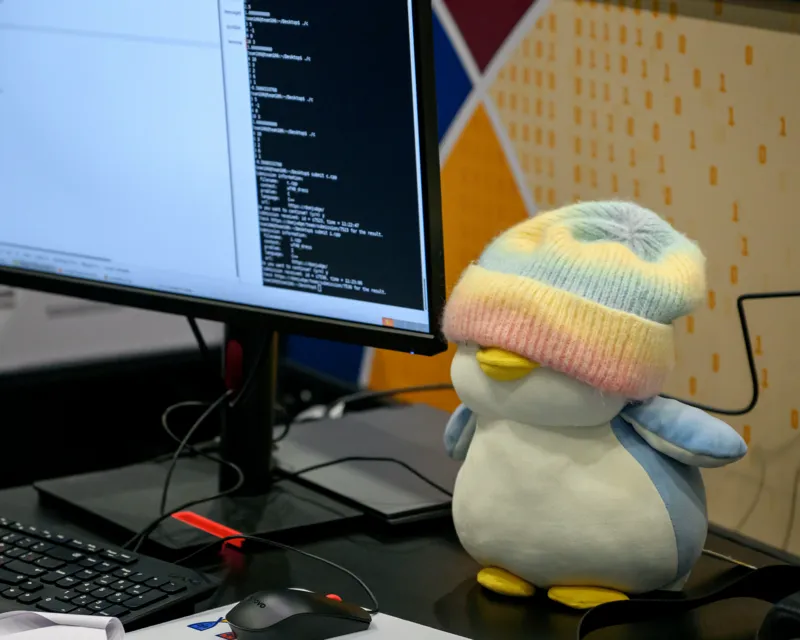

The ICPC traces its roots to 1970 when the first competition was hosted by pioneers of the Alpha Chapter of the UPE Computer Science Honor Society. The initiative spread quickly within the United States and Canada as an innovative program to raise ambition, problem-solving aptitude, and opportunities of the strongest students in the field of computing.
The contest fosters creativity, teamwork, and innovation in building new software programs, and enables students to test their ability to perform under pressure. The contest has raised aspirations and performance of generations of the world’s problem solvers in the fields of computing sciences and engineering.
The International Collegiate Programming Contest (ICPC) is the premier global programming competition conducted by and for the world’s universities. The ICPC is affiliated with the ICPC Foundation.
The ICPC features several levels of competition:
• Local Contests
• Regional Contests
• Regional Championships
• The World Finals

World Finals Rules
Mission
The International Collegiate Programming Contest (ICPC) provides college students with opportunities to interact with students from other universities and to sharpen and demonstrate their problem-solving, programming, and teamwork skills. The contest provides a platform for industry and academia to encourage and focus public attention on the next generation of computing professionals as they pursue excellence. (from the ICPC Policies and Procedures).
Introduction
The contest is a two-tiered competition among teams of students representing institutions of higher education. Teams first compete in Regional Contests held around the world, normally from September to March each year. Based on their performance in Regional Contests, top-ranking teams advance to the International Collegiate Programming Contest World Finals. Additional high-ranking teams may be invited to the World Finals. At most 142 teams will be invited to compete onsite. These rules are subject to change.
Organization
The ICPC is organized according to the ICPC Policies and Procedures in harmony with the ICPC Code of Ethics and Overview. The Executive Committee, chaired by the Executive Director, sets the policy and general rules for the conduct of the contest. The Executive Director is solely responsible for interpreting the rules and for ruling on unforeseen situations.
Team Requirements
Teams qualify to advance to the World Finals through Regional Contests. See the ICPC Regional Rules and Region-Specific Rules for details on advancing to the World Finals. Only one team from a given institution may advance to the World Finals. No team member on the qualifying team may have competed as a contestant in two previous World Finals.
The coach of a qualifying team is the point of contact before and during World Finals activities. A contestant of a team may not serve as the coach. The coach must complete certification at the Team Certification Web Site within five (5) business days of notification. Qualifying teams will be invited by email and postal mail (if requested) soon after completing certification.
All team members attending the team’s institution on visas must be permitted to return to their point of origin after the World Finals. Qualifying teams requiring visas must initiate the process of applying for visas within 10 business days of being invited to apply for a visa. Teams failing to comply with any of these requirements will be ruled ineligible to compete in the World Finals. Upon completion of these requirements, a qualifying team will be advanced to the World Finals.
A team advancing to the World Finals will comprise the same three members as when it qualified. (Reserves are not allowed at the Finals.) If a team member is unwilling, unable, or unfit to compete in the World Finals, the coach must notify the ICPC Contest Manager in a timely manner. A team member who is unwilling or unfit to compete in the World Finals will be disqualified from further ICPC competitions. The team member may appeal disqualification to the Appeals Committee.
At on-site registration, participants must provide a picture ID (passport, driver's license, etc). Contestants must show proof of enrollment at the university during the term of the regional contest at which they qualified. A letter on university stationery with the signature of a university official accompanied by an English translation is sufficient. All team members are responsible to follow all health safety rules.
Attendance
Finalists must attend all required events, from On-Site Registration to Celebration, as indicated in the Schedule of Events. Failure to attend any required event could result in disqualification and forfeiture of scholarships and prizes. Coaches must be accessible during On-Site Registration, Dress Rehearsal, the World Finals Championship, and the Awards Ceremony. All team members and coaches must comply with any special instructions when participating in ICPC events. In particular, before coming to the stage during the Awards Ceremony, please ensure your team and coaches wear their official Contest shirts with no non-ICPC logo wear or color scheme that distracts from our spotlighting any other award-winning team. Do not bring anything with you other than smiles and teammates.
Support and Prizes
The ICPC Host will provide each finalist team with hotel accommodations for the coach and three contestants according to dates published on ICPC Host Invitations. The coach should identify any special needs during registration. The ICPC Host will seek to accommodate those needs at a team expense not to exceed the cost of one additional sleeping room. The teams and coaches will be treated to a full schedule of activities including a full course of complimentary food functions.
Transportation to the World Finals is the responsibility of the finalists. The ICPC encourages teams to raise funds for transportation and extracurricular activities from local sources to strengthen better community ties among academia, industry, and government.
At the ICPC World Finals Opening Ceremony (“Opening Ceremony”), ICPC Region Champions will be recognized as will all other teams advancing to the ICPC World Finals.
-
At the ICPC World Finals Awards Ceremony (“Awards Ceremony”), The highest ranked team will be recognized as the ICPC World Finals Champions and will receive the World Champion Trophy and plaques.
-
Teams finishing in the top four positions will be awarded Gold Medals. Those teams finishing fifth through eighth place will be awarded Silver Medals. Those teams finishing ninth through twelfth place will receive Bronze Medals. All medalists will receive plaques as well.
-
All Highest Honors teams will receive plaques.
-
The highest ranked team from each ICPC Region will be recognized with the appropriate title: ICPC World Finals Africa and Arab Champions, ICPC World Finals Asia East Champions, ICPC World Finals Asia West Champions, ICPC World Finals Asia Pacific Champions, ICPC World Finals Europe Champions, ICPC World Finals Latin America Champions, ICPC World Finals North America Champions, and ICPC World Finals Northern Eurasia Champions. All will receive plaques.
-
Prizes will be awarded in strict compliance with and as permitted by applicable laws governing transactions by prize donors and the ICPC Foundation.
Shortly after the Awards Ceremony, individual award certificates will be posted on team member dashboards.
Conduct of the Finals
Ten or more problems have been posed in recent World Finals.
Problems will be posed in English. During the contest, all communications from contest officials to contestants will be in English. Each team may identify an interpreter to translate questions posed by contestants to contest officials. Contestants may bring electronic natural language translators to on-site registration for inspection and consideration for being made available to the team at their workstation during the competition. Such devices device may not support any other functionality that provides an advantage to the team such as electronic connectivity.
Solutions to problems submitted for judging are called runs. Each run is judged as accepted or rejected, and the team is notified of the results. Rejected runs will be marked with one of the following:
-
compilation error (CE)
-
run-time error (RTE)
-
time-limit exceeded (TLE)
-
wrong answer (WA)
Notification of accepted runs may be suspended at the appropriate time to keep the final results secret. A general announcement to that effect will be made during the contest. Notification of rejected runs will continue until the end of the contest.
A contestant may submit a claim of ambiguity or error in a problem statement by submitting a clarification request. If the Judges agree that an ambiguity or error exists, a clarification will be issued.
The competition is scheduled to last five hours. The Finals Director has the authority to lengthen the contest in the event of unforeseen circumstances. Should the Contest duration be altered, every attempt will be made to notify contestants in a timely and uniform manner.
Scoring of the Finals
The World Finals Judges are solely responsible for determining the correctness of submitted runs. In consultation with the World Finals Judges, the Director of Judging is responsible for determining the winners of the World Finals. They are empowered to adjust for or adjudicate unforeseen events and conditions. Their decisions are final.
Teams are ranked according to the most problems solved. Teams placing in the first twelve places who solve the same number of problems are ranked first by the least total time and, if need be, by the earliest time of submission of the last accepted run.
The total time is the sum of the time consumed for each problem solved. The time consumed for a solved problem is the time elapsed from the beginning of the contest to the submission of the first accepted run plus 20 penalty minutes for every previously rejected run for that problem (except that there is no penalty for runs rejected due to Compilation Error). There is no time consumed for a problem that is not solved.
Championship Honors
Teams competing in the ICPC World Finals are eligible for Championship Honors awards.
-
Highest Honors
All medalist teams together with all teams solving the same number of problems as the minimum number of problems solved by any medalist team. -
High Honors
All teams solving one fewer problem than the minimum number of problems solved by any medalist team. -
Honors
All teams not receiving Highest Honors or High Honors solving the same number of problems or more than the median scoring team. -
Honorable Mention
All teams solving fewer than the number of problems solved by the median scoring team.
Computing Environment
The World Finals programming language tools include Java, C, C++, Kotlin, and Python3. See the Programming Environment Web Site for detailed configuration information. Before the World Finals, the judges will have solved all problems in languages from at least two of the three distinct language groups (Java/Kotlin, C/C++, and Python3).
Each team will be provided with one computer. All teams will have equivalent computing equipment. Contestants may not bring any printed materials or machine-readable versions of software or data to the Contest Area.
Contestants may not bring their own computers, computer terminals, calculators, or other electronic devices to the Contest Area.
Each team member may bring an unannotated natural language printed dictionary. Online reference materials will be made available as described in the Reference Materials section of the Programming Environment Web Site. Each team will be permitted three copies of the Team Reference Document described in the On-Site Registration Instructions.
Contestant Conduct
DO NOT TOUCH ANYTHING at the team workstations until otherwise directed by the Finals Director.
Contestants are not to converse with anyone except members of their team and personnel designated by the Finals Director. Systems support staff may advise contestants on system-related problems, such as explaining system error messages.
A team may be disqualified by the Finals Director for any activity that jeopardizes the World Finals, such as dislodging extension cords, unauthorized modification of contest materials, distracting behavior, or behavior contrary to the ICPC Code of Ethics and Overview.
Participant Conduct
Any participant may be disqualified from further participation due to any activity that compromises an ICPC event or due to behavior that is not in harmony with the ICPC Code of Ethics and Overview.
